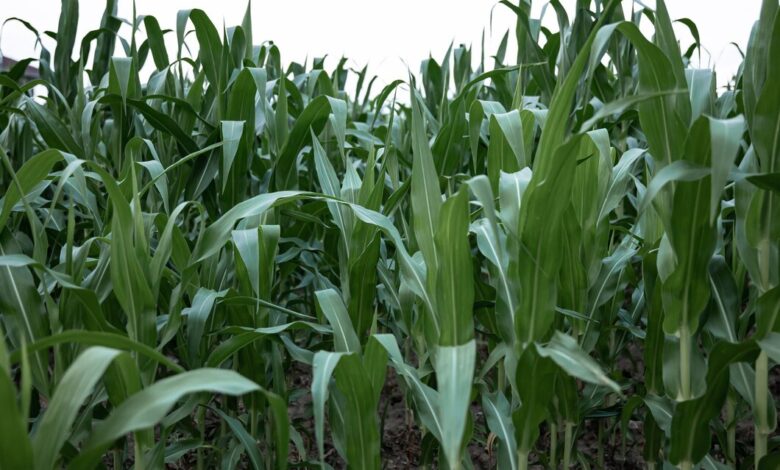Top 10 Cash Crops Driving Nigeria’s Agricultural Sector

Nigeria, known as the “Giant of Africa,” boasts a diverse agricultural sector that plays a crucial role in its economy. The country’s favorable climate and rich soil allow for the cultivation of various cash crops that contribute significantly to both local and international markets. This article explores the top ten cash crops driving Nigeria’s agricultural sector and their impact on the economy.
1. Cocoa
Cocoa is one of Nigeria’s oldest and most important cash crops, primarily grown in the southwestern region. Nigeria is the world’s fourth-largest producer of cocoa, contributing to about 15% of the country’s agricultural exports. The crop is essential for the production of chocolate and other cocoa-based products, creating jobs and generating foreign exchange.
2. Oil Palm
Nigeria was once the largest producer of palm oil globally and continues to play a significant role in the industry. Oil palm cultivation is predominantly found in the southeastern region. With increasing demand for palm oil in food, cosmetics, and biofuels, there is a growing opportunity for investment and expansion in this sector.
3. Rice
Rice is a staple food in Nigeria, and its production has been on the rise due to increasing domestic consumption. The government has implemented various initiatives to boost local rice production, reducing reliance on imports. States like Ebonyi and Kebbi have emerged as significant rice-producing regions, contributing to food security and rural employment.
4. Maize
Maize is another vital cash crop in Nigeria, serving both as food for humans and livestock. It is grown across the country, with the northern region being a major producer. The increasing demand for maize in the poultry and livestock sectors has made it a lucrative crop for farmers, enhancing its significance in the agricultural landscape.
5. Cassava
Though primarily a food crop, cassava also serves as a cash crop due to its numerous industrial applications, including flour, starch, and biofuel production. Nigeria is the world’s largest producer of cassava, and its versatility makes it a critical component of the agricultural economy. The crop supports millions of farmers and provides a source of income in rural communities.
6. Soybeans
Soybeans have gained popularity in Nigeria due to their nutritional value and versatility. The crop is primarily grown in the northern states and is used for oil extraction, animal feed, and various food products. The increasing demand for soy-based products is driving investments in soybean production, making it a valuable cash crop.
7. Groundnuts (Peanuts)
Groundnuts, also known as peanuts, are an important cash crop in Nigeria, particularly in the northern regions. The crop is used for oil production, snacks, and various culinary applications. Groundnut farming provides significant income for smallholder farmers and contributes to the overall agricultural economy.
8. Cotton
Cotton is a crucial cash crop in Nigeria, serving the textile and apparel industries. The northern states are the primary cotton-producing regions, with the government promoting initiatives to enhance cotton production and processing. The growth of the cotton industry has the potential to create jobs and boost the local economy.
9. Tobacco
Tobacco farming is another cash crop that has been part of Nigeria’s agricultural landscape. Though facing health concerns and regulatory challenges, tobacco cultivation remains significant in certain regions. The industry provides income to farmers and contributes to the economy through exports.
10. Sugarcane
Sugarcane production in Nigeria is gradually increasing, driven by the growing demand for sugar and its derivatives. The government has recognized the potential of the sugar industry and is implementing policies to boost local production. Regions such as Kebbi and Ogun are key areas for sugarcane cultivation.
The agricultural sector in Nigeria is diverse and dynamic, with these ten cash crops playing a pivotal role in driving economic growth, enhancing food security, and providing livelihoods for millions of farmers. With the right investments, policies, and technologies, Nigeria can further harness the potential of these crops to strengthen its agricultural sector and improve the overall economy. As the global demand for agricultural products continues to rise, the future of Nigeria’s cash crops looks promising, presenting opportunities for farmers and investors alike.




